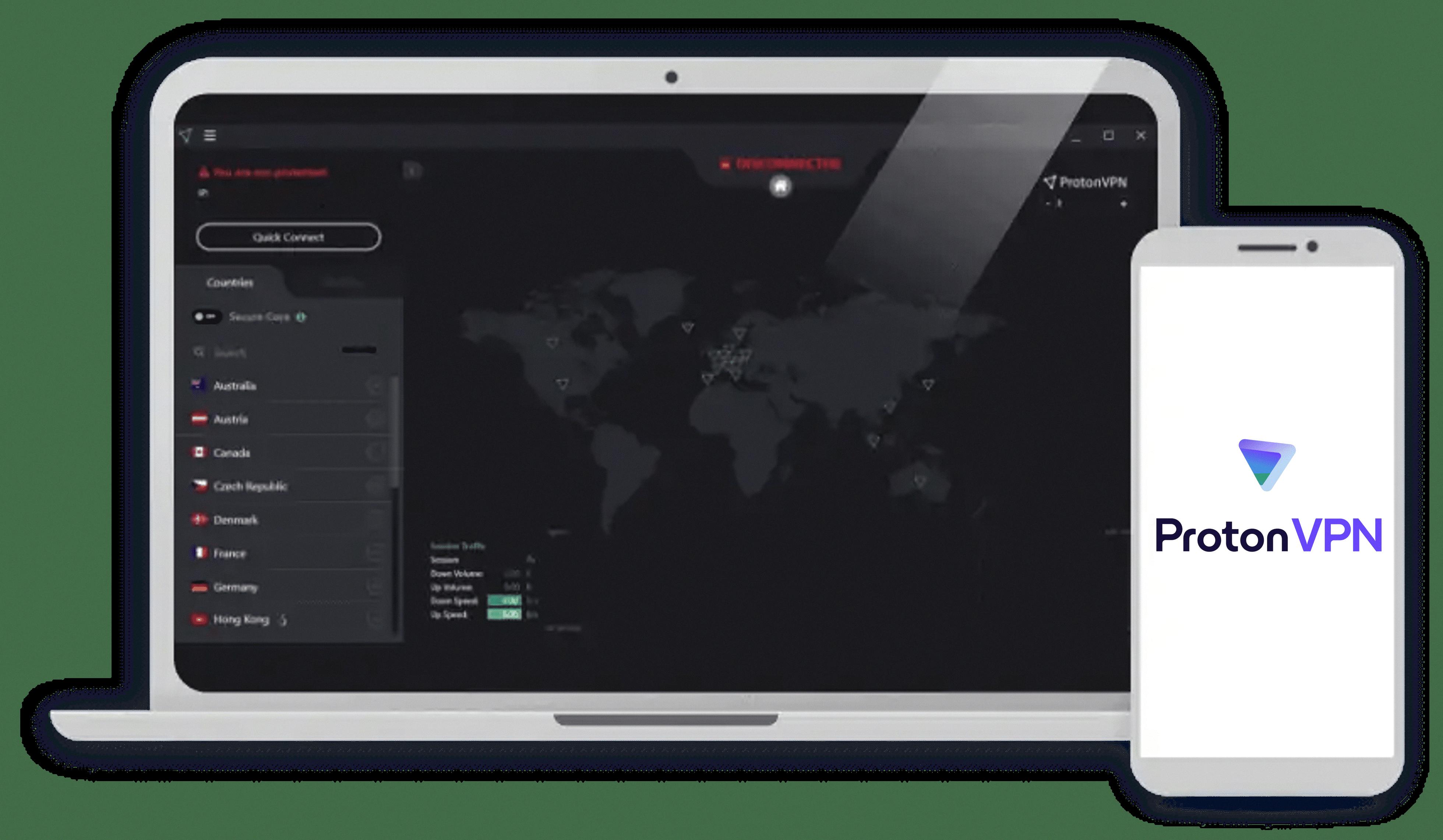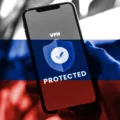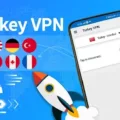Have you ever wondered how to add an extra layer of security and privacy to your VPN connection? Multi-hop VPNs are the perfect solution! A multi-hop VPN connection is a configuration where two or more VPN servers are “chained” or “cascaded” together, adding an additional layer of encryption and providing a greater level of security and privacy.
Multi-hop VPNs are especially useful for those who travel frequently or live in countries with heavy censorship, tracking, and surveillance. By using double encryption for their internet traffic, it makes it twice as difficult for snoopers to track them.
Setting up a multi-hop VPN is relatively easy. All you need is two or more compatible VPN services that support the feature. Most commercial VPN providers offer this feature, so it’s just a matter of finding the right one. After that, simply configure your device to connect to both servers at once, and you’re good to go!
With a multi-hop VPN connection, you get the added peace of mind of knowing that your data is doubly encrypted when it travels across the web. This means that even if someone were able to intercept your traffic, they would still be unable to decrypt it without having access to both keys.
Another great benefit of using a multi-hop VPN is that it adds an extra layer of anonymity by masking your IP address twice instead of just once. This makes it much harder for anyone to trace your online activity back to you by cross-referencing IP addresses from different locations.
Overall, multi-hop VPNs are an excellent way to ensure your online data is as secure and private as possible. If you often travel or live in highly regulated countries with strict censorship laws, then this type of connection can provide extra protection against snoopers and other unwanted intrusions into your digital world.
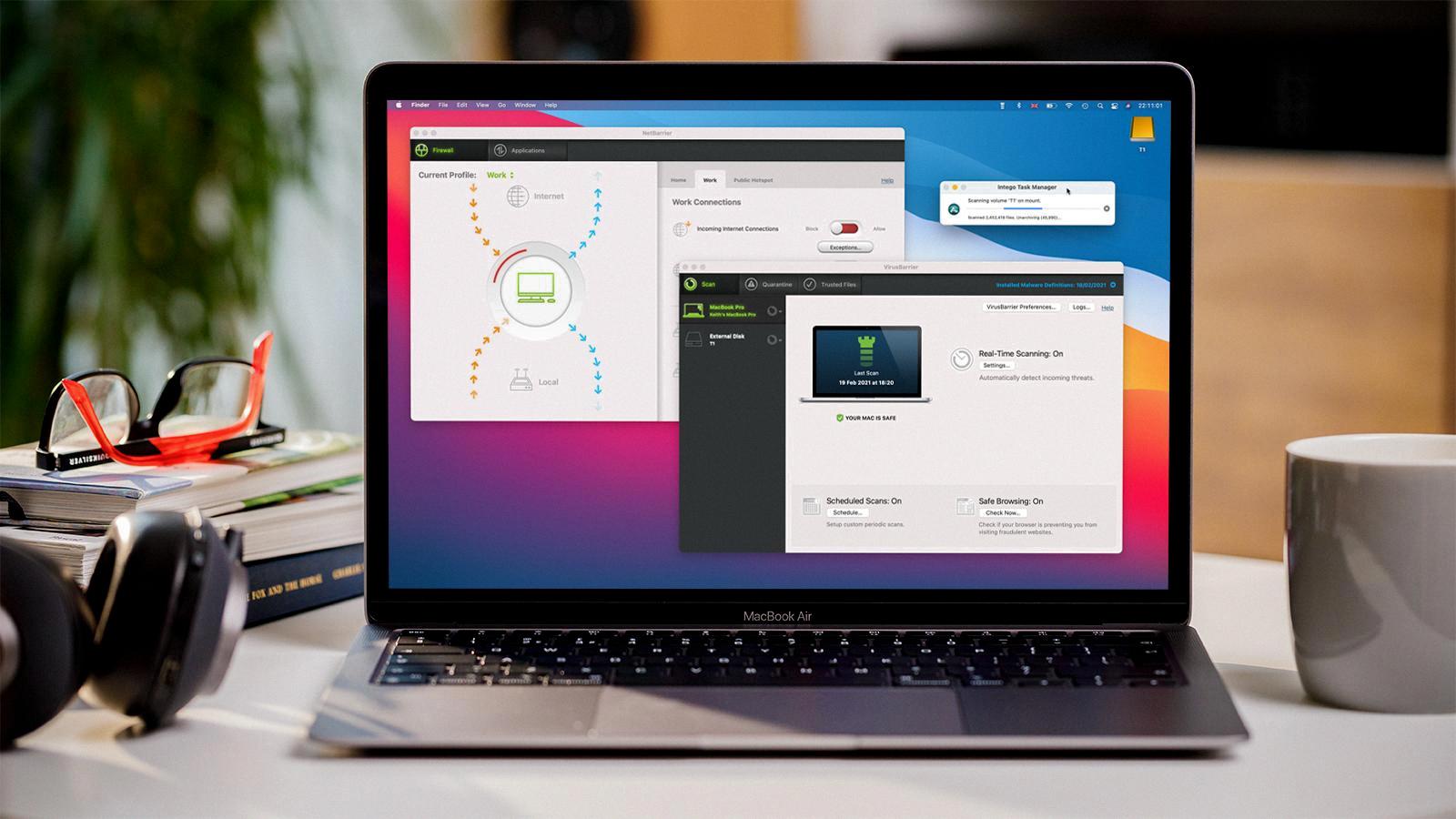
Source: macworld.com
The Benefits of Multi VPN
A multi-hop VPN is a type of Virtual Private Network (VPN) that provides an extra layer of encryption and increased security by using multiple servers to create a “chain” or “cascade” of connections. This type of VPN setup involves connecting through several different servers in order to hide your online identity and provide more privacy than a single-server connection.
The first server in the chain may be located in the user’s home country, while subsequent servers are located in other countries around the world. This allows users to access content from any country, as well as mask their IP address and location. The extra layers of encryption provided by each server also help protect data from being intercepted or stolen by hackers. Additionally, it makes it much harder for ISPs or governments to monitor or block traffic.
Multi-hop VPNs are often used by those who require heightened levels of security and privacy, such as journalists, activists, or political dissidents. They are also beneficial for those who want to bypass regional restrictions on content, such as streaming services or certain websites. Overall, multi-hop VPNs provide an increased level of security and privacy compared to regular single-server VPNs.
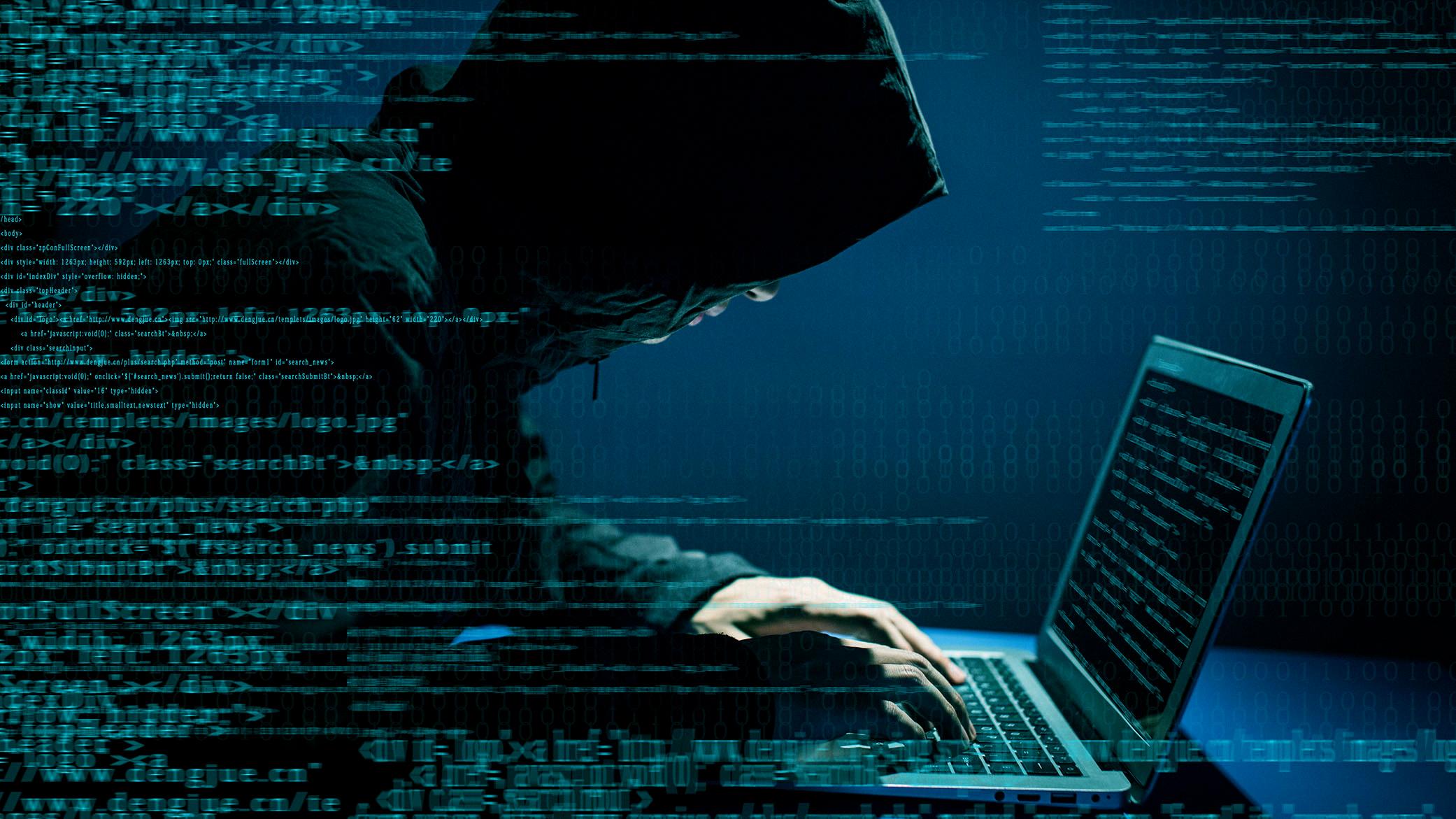
Source: hewlett.org
Can Multiple Devices Use the Same VPN?
Yes, one VPN can be used for multiple devices. A Virtual Private Network (VPN) is a service that encrypts your internet traffic and routes it through an intermediary server, allowing you to access region-restricted content and secure your data. By using one VPN account on multiple devices, you can secure all of your online activity on those devices with a single subscription.
Not all VPNs offer multiple simultaneous connections, so it is important to research different providers before signing up for their service. Most VPN services allow up to five simultaneous connections from the same account, which makes it convenient for families or small business owners who need to secure more than one device at once. However, some providers offer unlimited simultaneous connections so that users can connect as many devices as they want with just one account.
Using a VPN also allows users to access geo-restricted content and bypass censorship filters in certain countries. To get the most out of your VPN subscription, make sure to choose a provider with strong encryption technology and reliable customer support.
The Benefits of Using a Double VPN
A Double VPN is absolutely worth it if you are looking to increase your online privacy and security. With a Double VPN, all of your internet traffic is routed through two servers instead of just one. This means that your data is encrypted twice, providing an extra layer of security against snoopers and hackers. Additionally, because your data is re-routed through two different servers, it makes it much harder for anyone trying to track your location or activities. By encrypting your data twice, you can ensure that only you have access to your sensitive information and browsing history. All in all, a Double VPN provides an extra layer of security and privacy that can be invaluable in certain situations.
Benefits of Using a VPN
1. Increased Privacy and Security: A VPN encrypts your data and makes it much harder for anyone to access or steal. This is especially useful when you’re using public Wi-Fi networks, as those are often vulnerable to hackers.
2. Accessing Blocked Content: Many countries, companies, and websites block certain content from being accessed in certain locations. With a VPN, you can access content that would otherwise be unavailable to you by making it appear as if you’re accessing the internet from a different country or location.
The Best VPN for All Devices
The best VPN for all devices is ExpressVPN. With over 3,000 servers in 94 countries, ExpressVPN offers lightning-fast speeds and unlimited bandwidth to keep your connection secure. It is compatible with Windows, Mac, Android, and iOS devices and has a user-friendly interface that makes it easy to set up and use on any device. The service also offers strong encryption protocols like OpenVPN and AES 256-bit encryption to protect your data from prying eyes. Additionally, ExpressVPN has a strict no-logs policy which guarantees that no activity logs are stored on their servers. With its reliable performance, robust security features, and 24/7 customer support, ExpressVPN is an excellent choice for anyone looking for a comprehensive VPN that works with all devices.
Does Using a VPN Affect Internet Speed?
Yes, using a virtual private network (VPN) will usually slow down your internet connection. This is because VPNs encrypt and re-route your data, which can take extra time. In addition, some VPNs are overloaded with users, which can also lead to slower speeds. That said, there are ways to get the most out of your VPN and reduce its impact on your internet speed.
First, make sure you choose a reliable and high-quality VPN provider with good server locations and plenty of bandwidth. Then, check that you’re connecting to the closest server available; the further away it is from you geographically, the slower your speeds will be. You should also check if there are any settings you can tweak or protocols you can switch to for better performance. Finally, consider switching to a different VPN provider if your current one isn’t cutting it; sometimes switching services can make a world of difference!
The Cost of a VPN
A VPN, or Virtual Private Network, is an important tool for maintaining your online privacy and security. A VPN creates a secure connection between you and the internet by encrypting your data traffic and hiding your IP address. With a VPN, you can browse the web safely, securely access public Wi-Fi networks, and keep your personal data out of the hands of hackers.
The cost of a VPN varies depending on the provider and package that you choose. On average, monthly packages cost around $10 per month. However, if you sign up for a longer-term contract such as an annual or two-year subscription, you can get a significantly discounted rate. The average monthly cost for an annual contract is $8.41 and two-year contracts are typically around $3.40 monthly.
In addition to these subscription fees, some providers also charge activation fees upfront for their services; usually between $2-4 USD. Generally speaking though, most quality VPNs will offer a free trial period so that you can test out their service first before committing to a subscription plan.
Overall, the cost of a VPN is quite reasonable considering the added layer of security it provides when browsing online. When choosing a provider, be sure to look at features like speed and customer support in addition to pricing to ensure that you get the best value for your money.
Impact of Double VPN on Internet Speed
Yes, using a double VPN will slow down your internet connection speeds. This is because your data needs to go through two different servers and encryption processes, which take time and can reduce the speed of the connection. The first server will encrypt your data and the second server will then decrypt it, before sending it on to its destination. This process takes more time than just going through one server, so your overall speeds will be slower.
Conclusion
In conclusion, a multi-hop VPN provides an extra layer of encryption and additional server to your normal VPN connection by connecting multiple servers together. This helps to increase the security and privacy of your online activities. It also allows multiple devices to connect to the VPN simultaneously, making it a great choice for businesses or families that need simultaneous connections. Double VPN is also a great option if you live in a country with heavy censorship, tracking, and surveillance as it provides double encryption for your internet traffic. Overall, multi-hop VPNs are an excellent way to ensure your online data is safe and secure from prying eyes.

